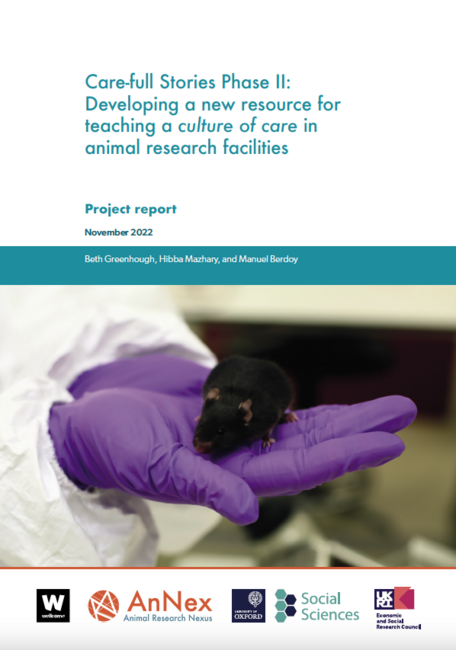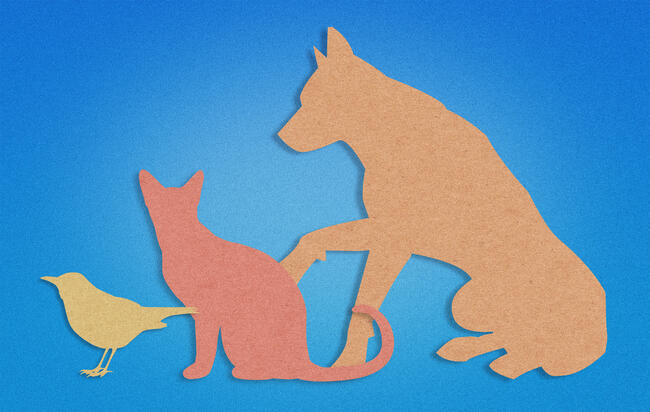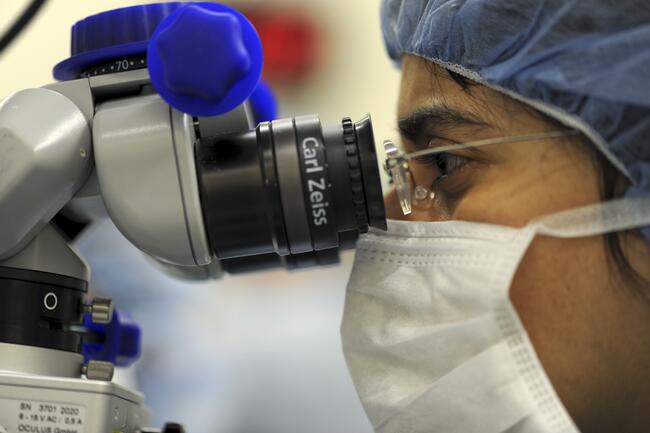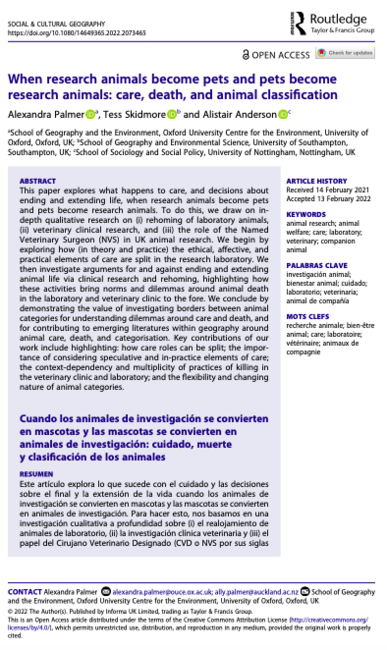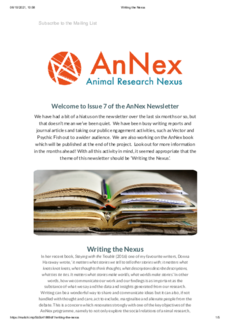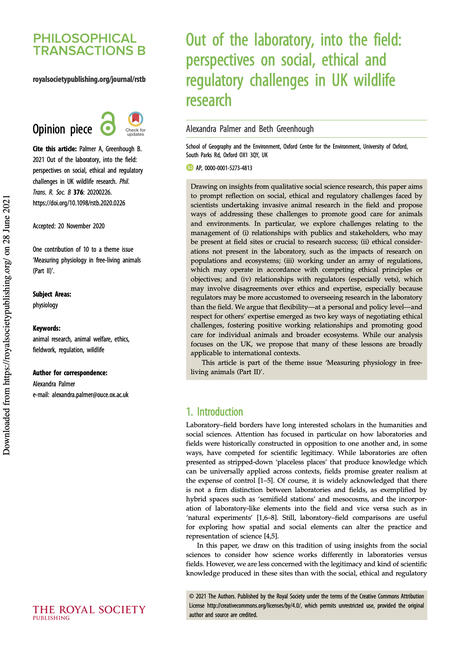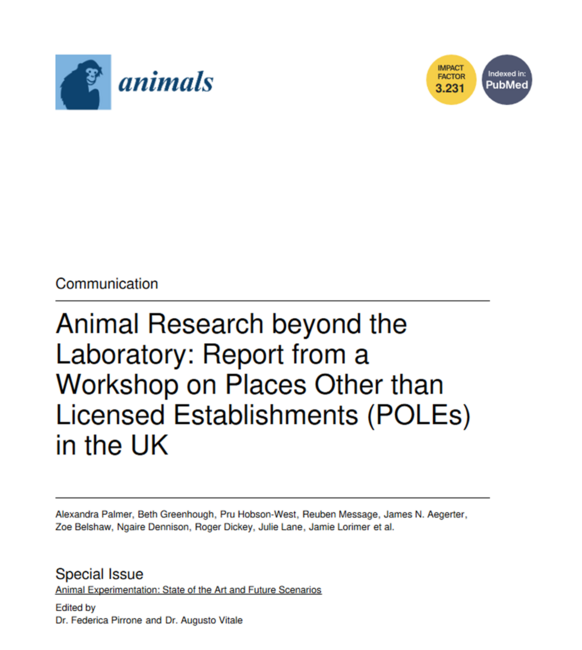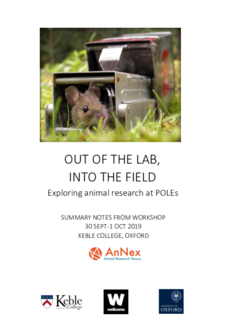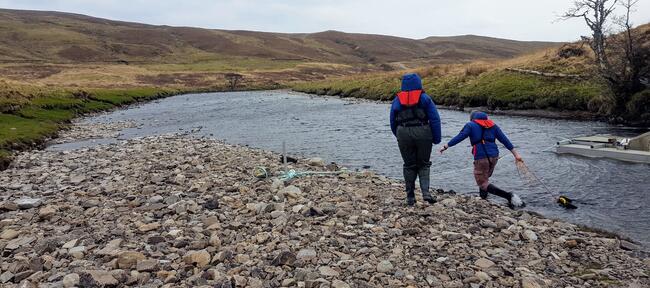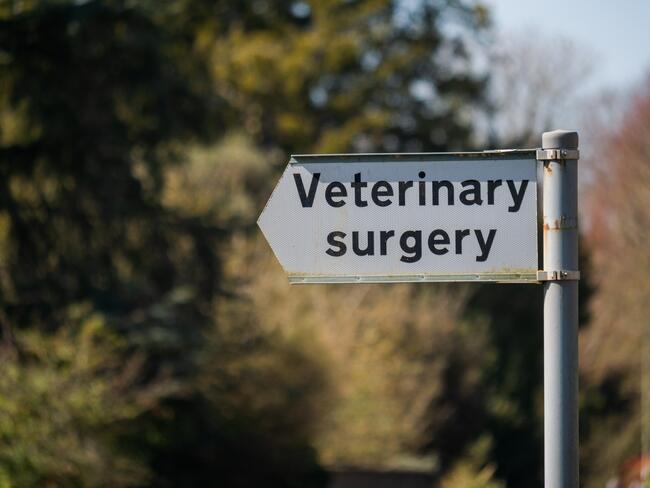Veterinarians
Publications
This report describes the development, piloting and evaluation of a two-to-three hour training exercise that uses storytelling to reflect upon the culture of care in animal research establishments.
Two Worlds in One: What ‘Counts’ as Animal Advocacy for Veterinarians Working in UK Animal Research?
The concept of advocacy is of increasing importance to the veterinary profession internationally. However, there are concerns around the ambiguity and complexity of acting as an advocate in practice. This paper explores what ‘animal advocacy’ involves for veterinarians working in the domain of animal research, where they are responsible for advising on health and welfare.
The veterinary profession has been relatively understudied in social science, though recent work has highlighted the geographic dimensions of veterinary expertise. This paper draws on in-depth qualitative interviews with Named Veterinary Surgeons (NVSs) working in UK animal research to demonstrate how and why they distinguish between ethical aspects of veterinary work in the spaces of the laboratory and general clinical practice.
This paper explores what happens to care, and decisions about ending and extending life, when research animals become pets and pets become research animals. To do this, we draw on in- depth qualitative research on (i) rehoming of laboratory animals, (ii) veterinary clinical research, and (iii) the role of the Named Veterinary Surgeon (NVS) in UK animal research. Key contributions of our work include highlighting: how care roles can be split; the impor- tance of considering speculative and in-practice elements of care; the context-dependency and multiplicity of practices of killing in the veterinary clinic and laboratory; and the flexibility and changing nature of animal categories.
In this new paper published in the Vet Record journal, Alistair Anderson and Pru Hobson-West report findings from the project which focuses on the role of the UK Named Veterinary Surgeon. The article focuses on why and how vets move from a clinical role, into an animal research role. The paper concludes that laboratory animal work is often considered by NVSs as more manageable or fulfilling than practice work.
Drawing on insights from qualitative social science research, this paper aims to prompt reflection on social, ethical and regulatory challenges faced by scientists undertaking invasive animal research in the field. We explore challenges relating to the management of (i) relationships with publics and stakeholders; (ii) ethical considerations not present in the laboratory; (iii) working under an array of regulations; and (iv) relationships with regulators (especially vets). We argue that flexibility—at a personal and policy level—and respect for others’ expertise emerged as two key ways of negotiating ethical challenges, fostering positive working relationships and promoting good care for individual animals and broader ecosystems.
Animal research conducted outside of the laboratory faces various unique challenges, but has received only limited attention in terms of official guidelines, support, and statistics. To improve understanding, we held a workshop bringing together experts familiar with a variety of nonlaboratory animal research contexts (e.g., wildlife field sites, farms, fisheries, veterinary clinics, zoos). We collectively identified five key areas that we propose require further discussion and attention, which we present in this paper. While the workshop focused on research in the UK, our conclusions may have implications for similar work overseas.
These notes summarise some key topics of conversation at the workshop 'Out of the lab, into the field: Exploring animal research at POLEs', held on the 30th Sept-1st Oct, 2019, at Keble College, Oxford. Please feel free to share these notes with your colleagues and wider networks.
While sociologists of medicine have focused their efforts on understanding human health, illness, and medicine, veterinary medical practice has not yet caught their attention in any sustained way. In this critical review article, we use insights from the sociology of diagnosis literature to explore veterinary practice, and aim to demonstrate the importance of animals to sociological understandings of health, illness and disease. We hope that this work encourages more focus on the veterinary profession, and a better understanding of the role of the vet inside and outside the laboratory.
Blog entry
Over three days in July 2022, colleagues from the UK and beyond gathered online to discuss the thorny question of veterinary expertise.
We are delighted to publish this guest blog as part of our Coronavirus Connections series.
Social scientists and historians have long observed that laboratory and field research are rather different (e.g., Gieryn, 2006; Kohler, 2002).
Working within a multidisciplinary research environment provides every member of the AnNex team with unique opportunities to think outside the boundaries of their own discipline and benefit from exposure to the methods and perspectives of other hu
Events
Academics at the University of Nottingham are pleased to announce that a conference on Veterinary Expertise is now available for booking!
